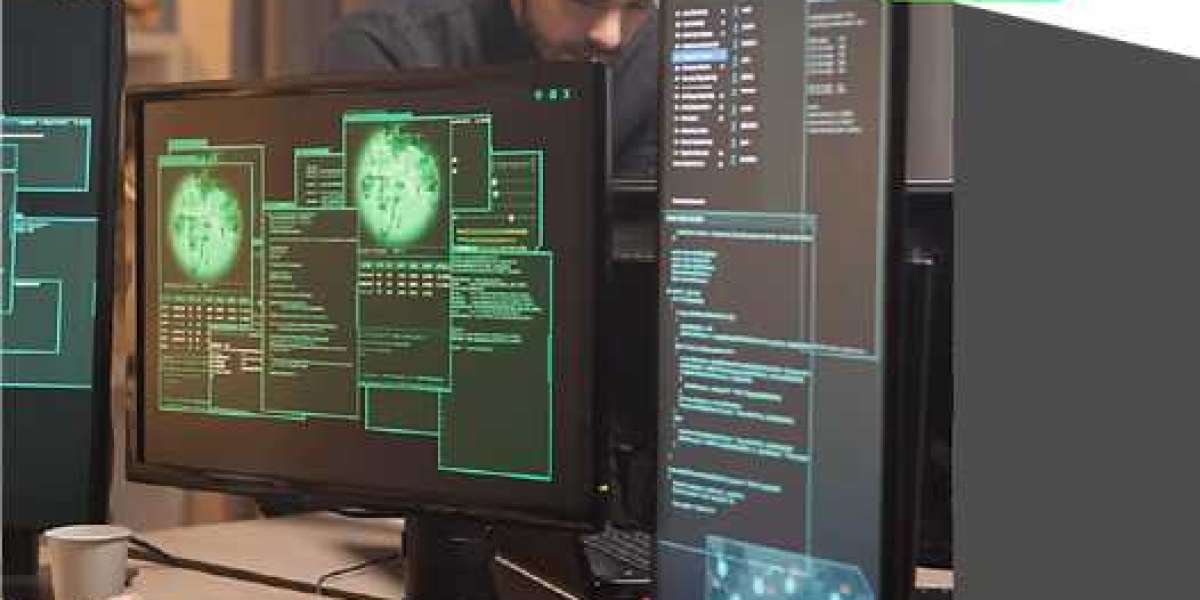What Are Cyber Threats? Understanding the Risks and How IBOVI Can Help
In today's increasingly digital world, cybersecurity has become a top priority for individuals and organizations alike. As businesses and governments move more of their operations online, the risk of cyber threats grows exponentially. Cyber threats come in various forms, each designed to exploit vulnerabilities in systems, steal sensitive data, or disrupt operations. For companies like IBOVI, understanding these threats and taking proactive steps to defend against them is vital for safeguarding both their business and their customers. In this article, we will explore what cyber threats are, the types of threats businesses face, and how IBOVI can help mitigate these risks.
What Are Cyber Threats?
Cyber threats are malicious actions or activities that are aimed at disrupting, damaging, or gaining unauthorized access to digital systems, networks, or data. These threats can target individuals, businesses, or government institutions, and they can take many forms, ranging from simple scams to highly sophisticated attacks that cause significant financial and reputational damage.
Cyber threats are constantly evolving as cybercriminals develop new tactics, tools, and techniques to bypass security measures. As a result, organizations must remain vigilant and continuously update their security protocols to stay one step ahead of attackers.
Types of Cyber Threats
There are several types of cyber threats that businesses like IBOVI need to be aware of, including:
Malware
Malware is malicious software that is designed to harm or exploit any device, service, or network. It can include viruses, worms, Trojans, and spyware. Malware often enters systems through email attachments, malicious websites, or infected software downloads. Once inside, it can steal data, corrupt files, or create a backdoor for further attacks.Phishing
Phishing is one of the most common types of cyber attacks. It involves tricking users into divulging sensitive information, such as login credentials or financial data, by posing as a trusted entity. Phishing is usually carried out through deceptive emails, websites, or messages that seem legitimate but are designed to steal information or install malware on the victim's system.Ransomware
Ransomware is a type of malicious software that locks or encrypts a victim's files and demands a ransom in exchange for restoring access. In recent years, ransomware attacks have become more prevalent, targeting businesses of all sizes, including healthcare organizations, educational institutions, and government agencies.Denial of Service (DoS) Attacks
A Denial of Service (DoS) attack occurs when an attacker floods a target system, server, or network with excessive traffic, causing it to become overwhelmed and unavailable. A Distributed Denial of Service (DDoS) attack is a more advanced version, where the attack is distributed across multiple sources, making it harder to block.Man-in-the-Middle (MitM) Attacks
A Man-in-the-Middle (MitM) attack occurs when an attacker intercepts and alters communication between two parties without their knowledge. This can be used to steal data, inject malicious content, or impersonate one of the communicating parties to deceive the other.Insider Threats
Insider threats are posed by employees, contractors, or other individuals who have legitimate access to a company’s systems but misuse that access for malicious purposes. This could involve stealing sensitive data, sabotaging systems, or unintentionally exposing vulnerabilities.Advanced Persistent Threats (APT)
Advanced Persistent Threats are highly sophisticated attacks that target high-value assets, often over extended periods. APTs are typically carried out by organized groups or nation-states with significant resources. These attacks are stealthy and can remain undetected for months or even years, silently stealing data or compromising systems.
The Impact of Cyber Threats on Businesses
Cyber threats can have severe consequences for businesses. The immediate financial losses caused by cyber attacks can be staggering, but the long-term impacts are often even more damaging. Here are some of the key consequences that businesses like IBOVI may face:
- Data Breaches: Cybercriminals can steal sensitive data, including personal information, intellectual property, or financial records. This can lead to identity theft, financial fraud, and reputational damage.
- Business Disruption: Cyber attacks can disrupt operations, leading to downtime, loss of productivity, and delays in delivering products or services to customers.
- Financial Losses: The cost of responding to a cyber attack—such as hiring cybersecurity experts, paying ransoms, or compensating customers—can be significant.
- Reputational Damage: A company’s reputation can be permanently damaged if customers lose trust due to a security breach. In some cases, businesses may face legal action or regulatory fines for failing to adequately protect data.
How IBOVI Helps Protect Against Cyber Threats
At IBOVI, cybersecurity is a top priority. We understand the evolving nature of cyber threats and the need for businesses to adopt a proactive approach to digital security. Here are some of the ways IBOVI helps protect organizations from cyber threats:
Comprehensive Security Solutions: IBOVI offers a range of cybersecurity services designed to protect businesses from malware, ransomware, phishing, and other threats. Our solutions include firewalls, anti-virus software, encryption, and real-time monitoring to detect and prevent attacks before they can cause harm.
Employee Training: Many cyber threats, such as phishing and social engineering attacks, target employees. IBOVI provides training programs to help staff recognize and respond to potential security threats. Educating employees on best practices for password management, recognizing suspicious emails, and maintaining secure digital habits is critical to reducing human error.
Incident Response and Recovery: In the event of a cyber attack, IBOVI offers rapid incident response services to minimize damage and restore systems to normal operations. We work quickly to identify the source of the attack, contain the breach, and recover lost or damaged data.
Risk Assessment and Vulnerability Testing: IBOVI conducts regular security audits, risk assessments, and penetration testing to identify vulnerabilities in your systems and applications. By finding weaknesses before attackers do, we help ensure that your defenses are strong and up to date.
Data Encryption and Backup Solutions: Protecting sensitive data is one of the core principles of cybersecurity. IBOVI offers encryption services to ensure that your data remains secure, even if it's intercepted by cybercriminals. We also implement comprehensive backup solutions to ensure that your data is safe and can be quickly recovered in case of a disaster.
Conclusion
In conclusion, cyber threats are a real and ever-present danger for businesses in every industry. From malware and phishing attacks to ransomware and insider threats, organizations like IBOVI must take proactive measures to defend their networks, data, and employees from these risks. By adopting robust cybersecurity strategies, implementing employee training programs, and partnering with experienced cybersecurity experts like IBOVI, businesses can safeguard their operations and stay one step ahead of cybercriminals.







